Body Oil Vs Lotion: Guide To Pick Your Best Daily Moisturizer
Identify the differences to be able to give your skin the best possible care.

Image: Shutterstock
The body oil vs. lotion debate seems to be never-ending. While some believe a body oil works the best for the skin, others vouch for a body lotion. So, how do these products differ? Which one to choose? Although they come with unique formulas, their primary function is to keep the skin hydrated. However, the one-size-fits-all approach never goes well for skincare and beauty products. That said, a body oil may work better sometimes, while a body lotion at others. Much of the results also depend on your skin type, concerns, and environmental conditions as well. This article explores the difference between a body oil and a body lotion, their benefits, and how they work. Keep scrolling to read.

In This Article
Body Oil Vs. Lotion: What Is The Difference?
| Body Oil | Lotion | |
|---|---|---|
| What Is It Made Of? | Oil | Blend of water, oil, and emulsifiers. |
| How It Works | Helps seal the natural moisture and works on your skin’s outer protective barrier. Prevents moisture loss and contains potent active ingredients that nourish your skin. | Penetrates your skin and helps moisturize, soothe, and rejuvenate it. The creamy formula helps make your rough areas, such as the elbows, knees, ankles, and soles soft and supple. |
| When To Apply | After a shower (on damp skin) | After a shower (on damp skin) |
| Best Suited For | Dry skin | All skin types, based on the formulation and ingredients |
Note:
Even people with oily skin types can try lightweight, fragrance-free non-comedogenici A property or a specially-formulated product that does not clog or block skin pores and keeps skin breathable. body oils in moderation to reduce the skin’s natural tendency to produce oil. However, be careful about the kind of oil you use if you have sensitive skin or acne-prone skin.
Now that you know the difference between body oils and lotions, let us find out their benefits in the next section.
Key Takeaways
- Though body oil and lotion both help moisturize your skin, their formulations, applications, and usage are different.
- While body oil is composed of just oils, body lotion may have water, oil, and emulsifiers.
- Your skin type, concerns, and seasonal changes can help determine which of these moisturizing products would work best for you when.
- You can either stick to one or use both in combination to nourish and strengthen your skin barrier.
Benefits Of Body Oils

1. Hydrate The Skin
Body oils help improve your skin’s barrier function and seal the natural moisture, keeping the skin hydrated. They are absorbed by the skin and have a reparative, moisturizing effect. Argan oil may help improve hydration by restoring the skin’s barrier function and maintaining its water-holding capacity (1).
2. Regulate Sebum Production
Oils are well known for their absorbent properties. Many plant oils, such as jojoba, olive, coconut, argan, almond, and avocado oils have natural ingredients that mimic the natural lipidsi Naturally occurring groups of compounds, including fats, vitamins, waxes, and hormones stored in the adipose tissue (body fat). found in your skin. These similarities in structure can help repair the skin barrier responsible for oil production (1).
3. Even Tone The Skin
Body oils can help reduce the appearance of cellulitei Dimpled skin on the buttocks and thighs caused when fat cells push through the second layer of skin (dermis). , scars, and stretch marks. They also brighten your skin, treat dullness and roughness, and offer a natural-looking glow.
 Trivia
TriviaBenefits Of Body Lotions

1. Keep The Skin Soft And Supple
Lotions can combat issues, such as cracking, itchiness, and tight skin, by nourishing the skin with the added moisture it requires. They deeply penerate your skin and help replenish its lost moisture and leave it supple, soft, and hydrated.
2. Provide Long-term Moisturizing Effect
A body lotion helps provide your skin with a generous dose of moisture all day long. After applying body oil, you can top it up with a lotion to keep your skin doubly hydrated. Unlike body oils that work best after a shower on damp skin, you can apply body lotions any time of the day.
3. Contain Nourishing Ingredients
Lotions with hyaluronic acidi A gooey, slippery substance produced naturally in the fluid in the eyes and joints to keep them hydrated and lubricated. , glycerini A natural compound derived from animal fat or vegetable oil that is used as a moisturizer to treat skin dryness. , aloe vera, vitamin E, and ceramidesi A class of fatty acids (lipids) found naturally in the skin cells that act as a natural barrier to the skin. can help enhance the skin’s water-retaining abilities (2). Certain lotions contain both oil and water, which can prove beneficial for dry skin conditions and has ant-aging effects.
 Trivia
TriviaIt is also important to know how to apply body oils and lotions to achieve the best results.
How To Apply Body Oil

- If you have dry skin, use a body oil on damp skin right after a shower. This will help lock in the moisture easily. Also, remember that a little amount goes a long way. You can add a few drops of body oil to your bath. High-quality plant oils with rose or lavender oil for skin can help in self-care as it provides deep moisturization and makes your bath water smell divine.
- For oily skin, use a small amount of light oils to avoid a greasy feel.
- If you have normal skin, a small amount of oil can be applied daily to areas needing extra hydration.
- Those with sensitive skin should opt for fragrance-free and hypoallergenic oils. They should always perform a patch test before full application.
How To Apply Body Lotion

- For dry skin, it is best to slather some body lotion onto your skin after a shower and massage it in until fully absorbed. You can also add a few drops of body oil to your favorite lotion for extra hydration.
- For oily skin, use a lightweight, oil-free lotion to avoid feeling greasy.
- For normal skin, apply a moderate amount daily to keep skin hydrated.
- For sensitive skin, choose a lotion with gentle ingredients and always patch-test the product before use.
- You can also choose body lotion with a high sun protection factor to prevent sun damage.
When it comes to body oils or lotions, it would be wrong to say that one is better than the other. Both of these products are excellent at moisturizing your skin. So, which one should you opt for?
Body Oil Vs. Lotion – Which Is The Best?

Both body oils and lotions have their unique formulas, benefits, and uses. Therefore, it is best to keep both around, so you are prepared to treat your skin as per its needs.
Depending on your skin type, concerns, and climate, use a combination of both body oil and lotion. You can layer body lotion on top of oil, similar to facial oils and moisturizers.
For instance, using only a body lotion during winters might not be hydrating enough for your skin. Hence, include body oil in your daily skin care routine and beauty routine to prevent dryness in a cold climate.
Opt for lightweight non-greasy formulas during the humid, summer months. Stick to an oil or body lotion that is fast-absorbing and does not make you sweat. Avoid body oil on eczemai A skin condition leading to dryness, inflammation, and itching that is common among children but can happen at any age. -prone and oily skin.
Consider using body oil twice or thrice a week as a deeply nourishing treatment to hydrate and replenish your skin. Use the lotion as a daily moisturizer for soothing and rejuvenating your skin.
Caitie, a beauty blogger, shares her experience of using a homemade body oil with essential oils, vitamin E capsules, and carrier oils: “It does such a good job moisturizing that I don’t find I need to reapply [it] between showers (i).”
Infographic: Key Differences Between Body Oil And Body Lotion
People often confuse body oil and body lotion. While both products help improve your skin health, they are vastly different. Check out the infographic below to learn about the key differences between these two unique products to help you choose the best one for your skin.

Illustration: StyleCraze Design Team
We hope the article has helped settle the body oil vs. body lotion debate and helped you understand their differences. If you want to find out which one suits you better, you need to know your skin type, its concerns, and the environmental conditions. You should choose the product based on these factors.
If you still find it difficult to choose the one for you, you should try them both and see how your skin feels. Follow the tips and instructions mentioned in this article while using them. Using these regularly will help you maintain your skin health and improve its texture.
Frequently Asked Questions
Can you use both body oil and lotion?
You can use body oil and lotion for smoother, hydrated, and healthier skin. However, ensure that you apply body lotion first and then the body oil for the best results.
Can I put body oil on my face?
Yes, you can use body oils on your face. You can use jojoba or plant-based oils as they have fewer risks of side effects. However, ensure that you conduct a patch test to check for allergic reactions.
Is coconut oil better than body lotion?
While both offer good skin care benefits, coconut oil is more hydrating and nourishing, thus can be a better option for some individuals. However, it also depends on your skin type. If you have oily skin or are prone to acne, then a water-based body lotion might be better for you.
Is it better to moisturize your body at night or morning?
You can moisturize your skin at night as when you sleep your skin can heal and get nourished. However, for best results, moisturize your body in the morning to have smooth, supple skin throughout the day and then at night post-shower.
Which one is more suitable for sensitive skin, body oil or lotion?
While both are safe for sensitive skin, some body oils may not be suitable like olive oil, which may aggravate inflammation and damage the skin barrier. A water-based lotion might be a better option as it is gentle and can get absorbed quickly. You can also go for a homemade lotion recipe for natural skin care.
Can body oil or lotion be used for massage?
Yes, both can be used for a massage, while body oil would be a more suitable option.
Learn the advantages of using body oil and lotion on your skin, as well as how to make body oil at home! Also, discover the right way to keep your skin hydrated and healthy in this video.
Personal Experience: Source
StyleCraze's articles are interwoven with authentic personal narratives that provide depth and resonance to our content. Below are the sources of the personal accounts referenced in this article.
i. DIY Cinnamon Orange Body Oilhttp://www.naturallabeauty.com/2012/11/diy-cinnamon-orange-body-oil.html
References
Articles on StyleCraze are backed by verified information from peer-reviewed and academic research papers, reputed organizations, research institutions, and medical associations to ensure accuracy and relevance. Read our editorial policy to learn more.
- Anti-Inflammatory and Skin Barrier Repair Effects of Topical Application of Some Plant Oils
https://www.ncbi.nlm.nih.gov/pmc/articles/PMC5796020/ - The Role of Moisturizers in Addressing Various Kinds of Dermatitis: A Review
https://www.ncbi.nlm.nih.gov/pmc/articles/PMC5849435/
Read full bio of Dr. Nisha R
Read full bio of Arshiya Syeda
Read full bio of Ramona Sinha
Read full bio of Shiboli Chakraborti










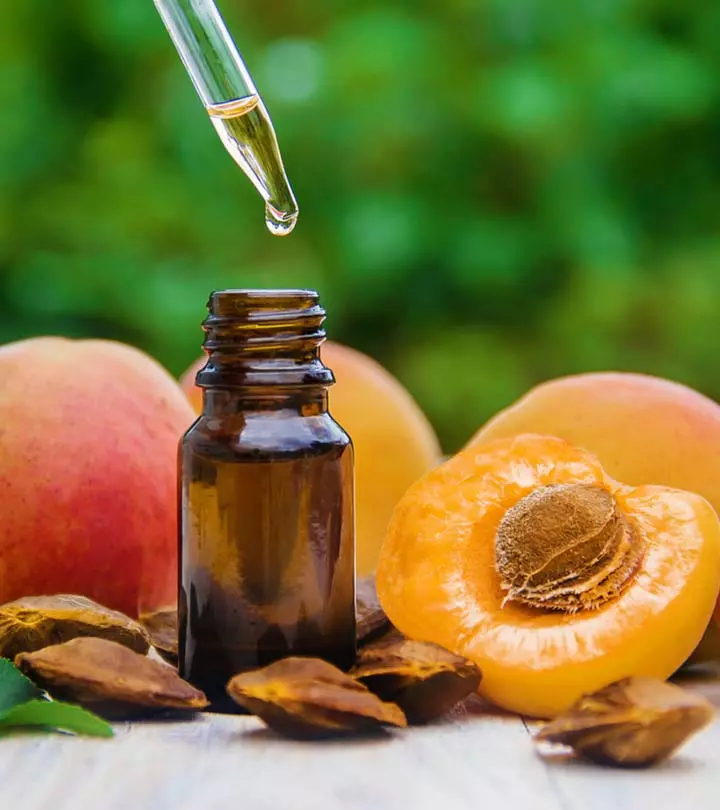

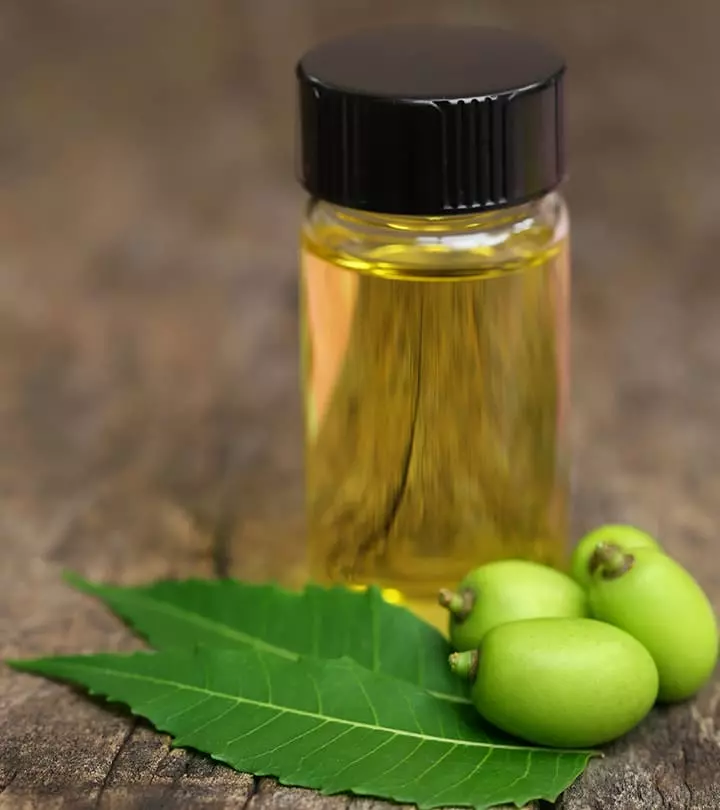



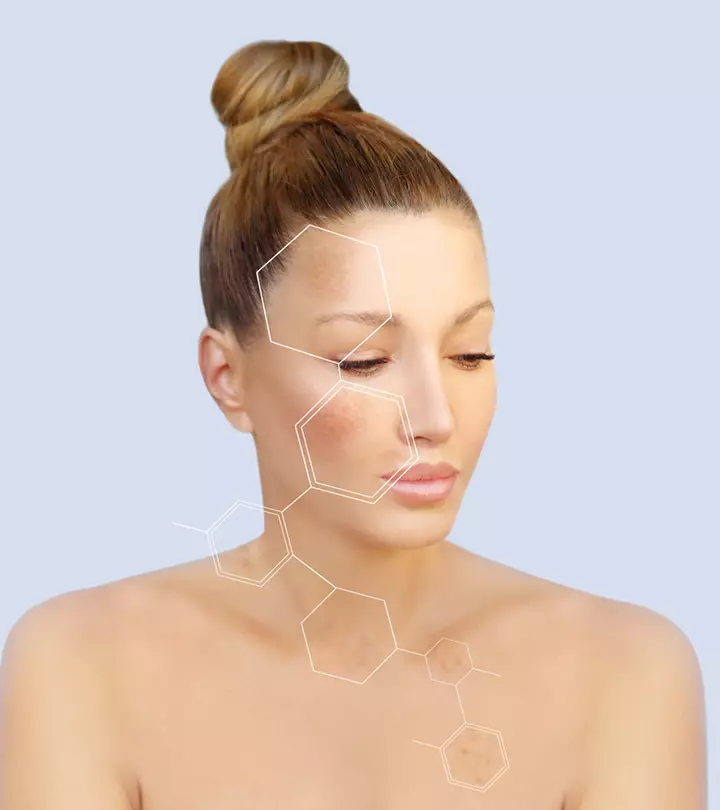

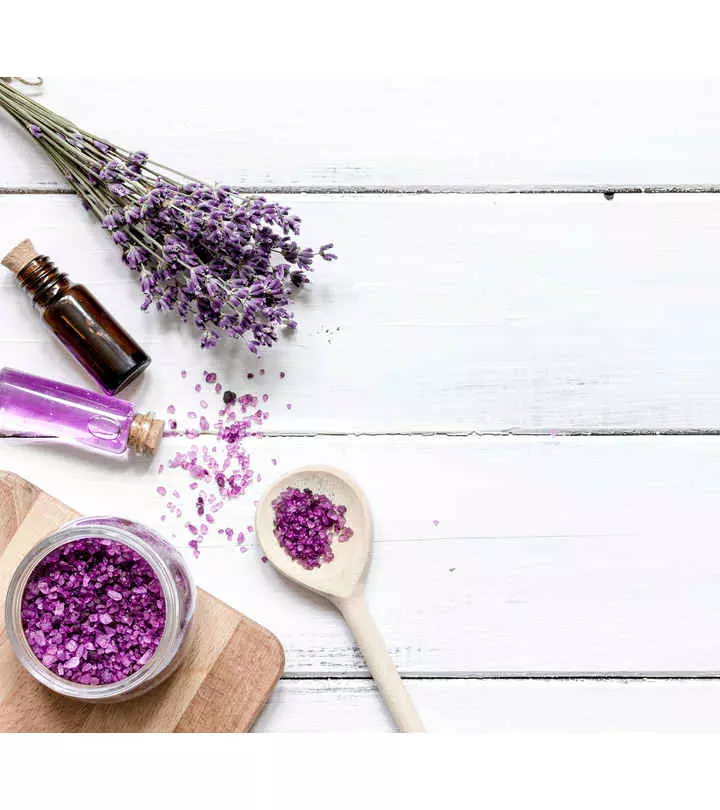


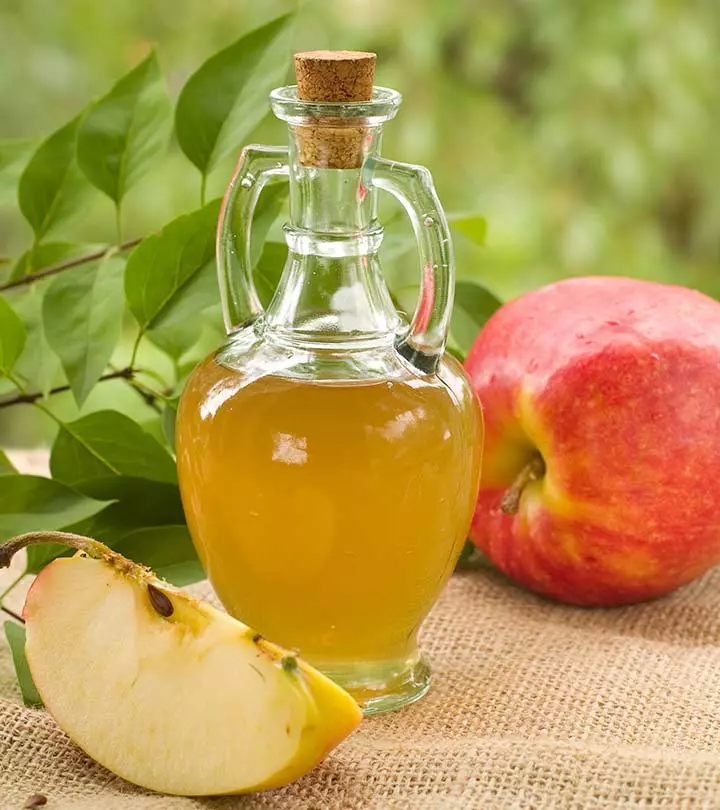

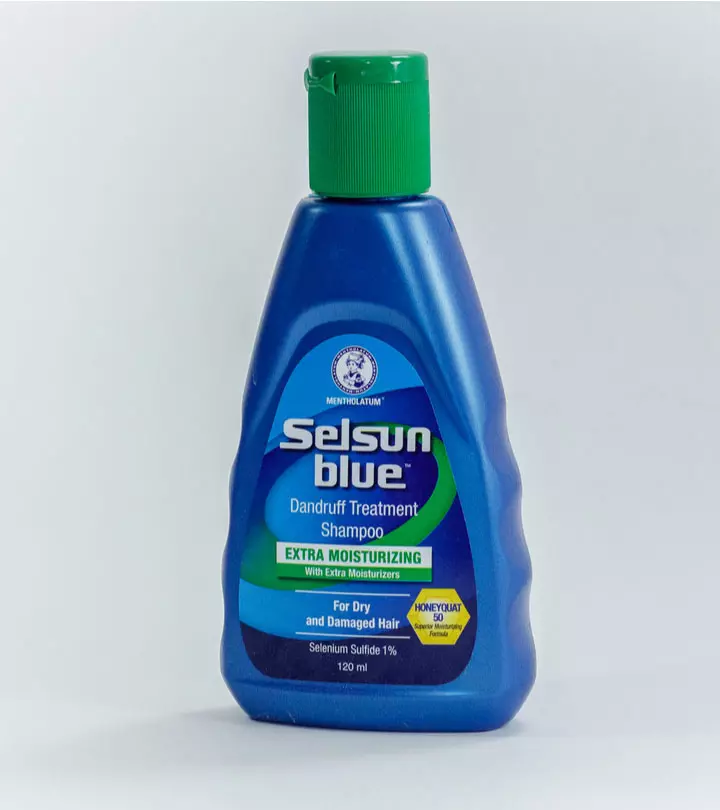
Community Experiences
Join the conversation and become a part of our empowering community! Share your stories, experiences, and insights to connect with other beauty, lifestyle, and health enthusiasts.